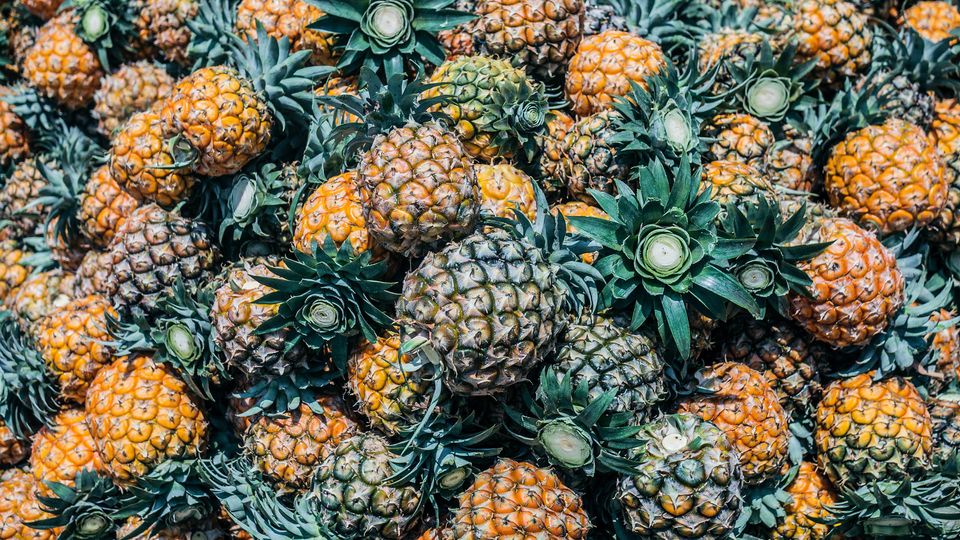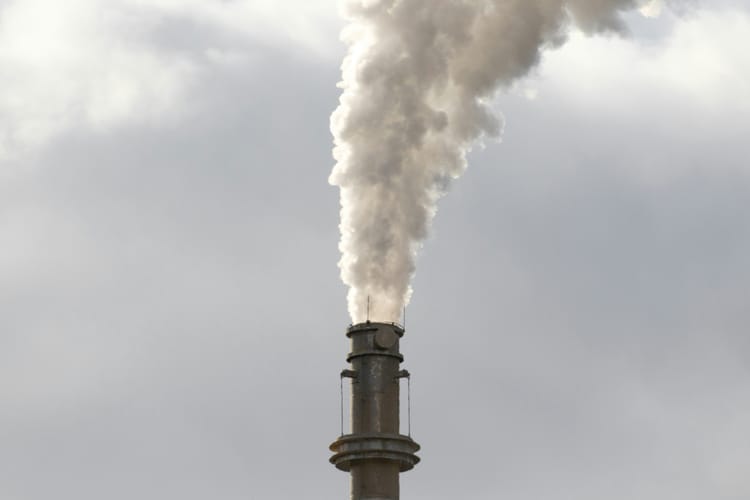Fresh Del Monte sustainability report: Slight increase in Scope 3 emissions despite transportation changes and ‘sustainable sourcing’

The latest Fresh del Monte sustainability report shows 26% cuts in Scope 1 and 2 emissions in 2022 – as the food producer's executives warned over the impact of “record heat and changing weather patterns” on their network of growers.
The company, which has a market cap of US$1.24 billion, attributed the reduction in Scope 1 and 2 emissions to optimisation of fertiliser use, reduced fuel consumption, and adjustments in facility heating and animal feed at a poultry operation in Jordan. The company installed solar panels in Costa Rica in 2017, but 79% of its energy still comes from fossil fuel sources, the report revealed.
Overall, Fresh del Monte has achieved 94% of its 2030 SBTi target for Scope 1 and 2 reduction.
Scope 3 emissions, which represent over 60% of Fresh del Monte’s overall, 2.2 million tonne carbon footprint, grew by 0.29%. This is despite the company’s decision to transport more of its products with its own vessels, moving some transportation emissions to Scope 1. (Own vessel shipping now represents 50% of its Scope 1 emissions, and the company plans to reduce that by 10% by 2025.)
Fresh del Monte sustainability report: Focus on fuel efficiency
The growth in supplier emissions also comes at a time of increased focus on sustainable sourcing. For example, in 2022, Fresh del Monte updated its Vendor Code of Conduct to more rigorously screen suppliers against “human rights, regulatory, and environmental criteria”. Its sustainability report also states that 88% of its global product volume is certified as “sustainably grown”, by third parties such as GLOBALG.A.P., Sustainably Grown Standard, and the Rainforest Alliance.
The company, which employs over 31,000 people in 21 countries, attributes the increase in Scope 3 emissions to fuel inefficiency: “While increasing production, we have been able to also increase our fuel efficiency (reducing our fuel consumption by 21% per tonne of product). Our overall Scope 3 emissions did increase slightly in 2022, and we are working on approaches to further improve fuel efficiency across our supply chain,” it said in its fifth sustainability report.
Fresh del Monte has set an SBTi-approved target to reduce Scope 3 emissions by 12.3% by 2030.
Commenting on the report, Hans Sauter, Chief Sustainability Officer, Senior Vice President, R&D and Agricultural Services said: “We firmly believe that we can instigate transformative change and drive the adoption of innovative technologies for a more sustainable future. This ongoing journey necessitates investments and partnerships, recognizing that the most substantial impact occurs when we collaborate.”
Fresh del Monte climate strategy and insetting
Climate change is considered a business priority for the company, with CEO Mohammad Abu-Gazaleh telling investors in the most recent earnings call that “climate issues are not going to end, and we are seeing these typical weather patterns at the farm level as well”. He added that the company has embarked on “an all-out effort” to find solutions, with a focus on innovations like “drones and smart farming”.
Currently, 29.7% of Fresh del Monte’s owned farms (which grow 50% of its products) implement sustainable farming practices, and the company plans to monitor soil health across all sites by 2025.
The firm’s sustainability strategy also relies substantially on tree planting on its own properties for on-site carbon offsetting, a practice called ‘insetting’: 574,800 trees were planted in 2022, and 2,203,956 since 2016. Through this insetting programme, the company launched a carbon-neutral pineapple last year, which is grown across eight farms in Costa Rica and certified as carbon neutral “from cradle to grave” by SCS Global Services.
Aside from climate indicators, Fresh del Monte’s sustainability report detailed its focus on human rights, diversity and inclusion, though the firm hasn’t exactly had great results in this area, with only 22% of its global workforce made up by women (15% at the global leadership level).
In 2022 its North America gender pay gap grew, with women earning 73 to the dollar compared to men (it was 76 in 2021). The report attributes this setback to “employee turnover, particularly of high-level, tenured women,” and is investigating the underlying causes.







Member discussion